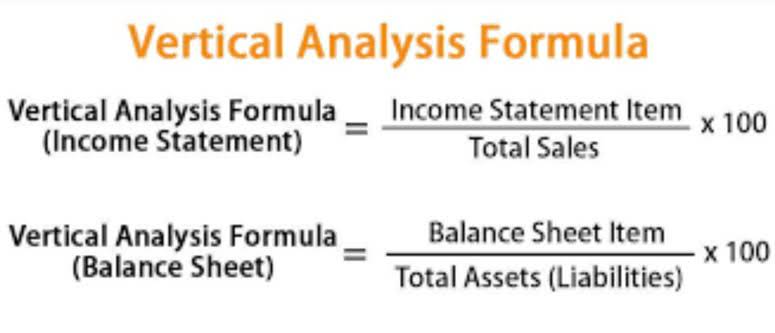
An accountant is all you need to get professional assistance with managing financial records, preparing tax returns, and ensuring compliance with relevant standards and regulations. Since CPAs have a higher level of education and expertise, they are authorized to perform more advanced and complex accounting tasks. Some of these tasks include auditing financial statements and providing attestation services. There are also minimum education requirements that candidates must meet. Most accounting majors can satisfy most of the educational requirements, although states require 150 semester hours of college credit before you're eligible to take the exam. This means you'll need to take 30 additional hours of coursework above and beyond what's required for your bachelor's degree.
According to the Journal of Accountancy, the average salary of a CPA with 1-3 years of experience is $52,639. For senior accountants—those with 8-10 years of experience—the average CPA salary is $94,951. Some traditional careers for CMAs include accounting in a corporate setting and include management accountant, cost accountant, financial accountant, and financial risk manager.
CPA vs. Accountant: Answering 5 Questions For Future Accounting Professionals
Both provide advanced accounting services such as auditing financial statements, corporate tax filings, and financial consulting and have expertise in taxation, applied finance, and management accounting. A CPA is a certified public accountant who has met specific state and education licensing requirements and passed the CPA exam; as such, it’s a highly sought-after accounting designation. In general, you must have 150 extra hours of either undergraduate or graduate education. You have to have from six months to two years of experience working in public accounting, depending on the state you live in. After that you sit for a four-part exam, each part requiring four hours to complete. The four parts of the CPA exam are attestation and auditing, financial accounting and reporting, regulation and business environment and concepts.
Understanding these differences can help you select the right professional for your needs. This comparison guide will provide insight into what CPAs and accountants do and their qualifications and duties. A CPA may advise on different forms of business organization (partnership, corporation, limited liability company, etc.) and the benefits and advantages of each in different situations. A CPA is also trained to advise clients who have been audited or require reports or records to be audited.
Chartered Accountant vs. CPA: Overlap and Differences
Both CMAs and CPAs have an annual ethics requirement for their CPE as well (2 hours for CMAs, CPA ethics requirements vary by state). Becker is the best resource to earn these CPE credits - you can learn more about our diverse offerings at our CPE course catalog. Accounting and CPAs are two different professions that require different educational qualifications. That said, these professionals are essential for various businesses and individuals as they help manage their finances and keep track of payments. Use this article as a guide to further understand the differences between both accounting professionals and which one you should choose.

They do not have the power of attestation, which is the power of reviewing a company’s finances and formally attesting to their accuracy and reliability. Some accountants offer guidance on how to cut costs, increase revenue and maximize profitability. The cost to take the CPA Exam and earn CPA licensure ranges by jurisdiction. The cost to apply, register, and take all four exams is over $1,000 in almost every state.
How do I become a CPA?
The Certified Public Accountant is a license given to an accounting professional who has passed the CPA Exam and has met their state’s licensing requirements. This licensure is offered by the American Institute of Certified Public Accountants (AICPA). Accountants are usually trained individuals who have a bachelor’s degree in business, accounting, finance, mathematics, or a similar field in order to qualify for their complex work, though this https://www.bookstime.com/ is not universal. These are specialists often called upon to perform specific accounting tasks or to perform audits for companies. For many small businesses, an accountant is sufficient for managing day-to-day financial activity. However, a CPA can be an important resource for other aspects of your business, which can include in-depth financial statement analysis and internal and external auditing, as well as tax planning and tax preparation.

The BLS projects that jobs for all accountants and auditors will grow by 7% by 2030. According to the Bureau of Labor Statistics (BLS), globalization, a growing economy, and a complex tax and regulatory environment are expected to continue to lead to strong demand for accountants and auditors. Both of these paths are viable long-term career options for aspiring accounting what is an accountant professionals. Let’s dive deeper into the differences so you can choose which path is right for you. Accountants must possess a wide range of skills to be successful in any business environment. After obtaining a bachelor's degree, they must ensure they are competent in financial data management, advice and analysis, reporting compliance, and financial report writing.
